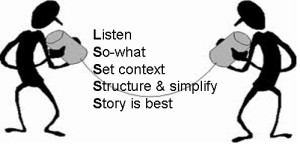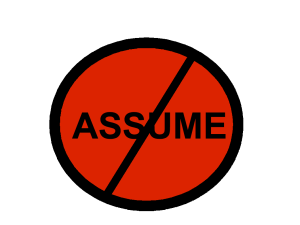Communication skills are some of the most critical soft skills for achieving career success during a job search or in the workplace. Improving your communication skills is a huge task, since business communication encompasses verbal and written exchanges, formal and informal styles of communication, along with one-on-one discussions and group talks. Obviously, then, this article is just a starting point. ...
How to Handle Negative Feedback – 4 Tips
Negative feedback is a fact of life. Sometimes it’s fair, constructive, and expected, but sometimes it can be completely out of the blue. You cannot easily change your boss’s perceptions or motives for giving you negative feedback. What you can control, however, is how you respond to it. So learn how to handle negative feedback early in your career. ...




